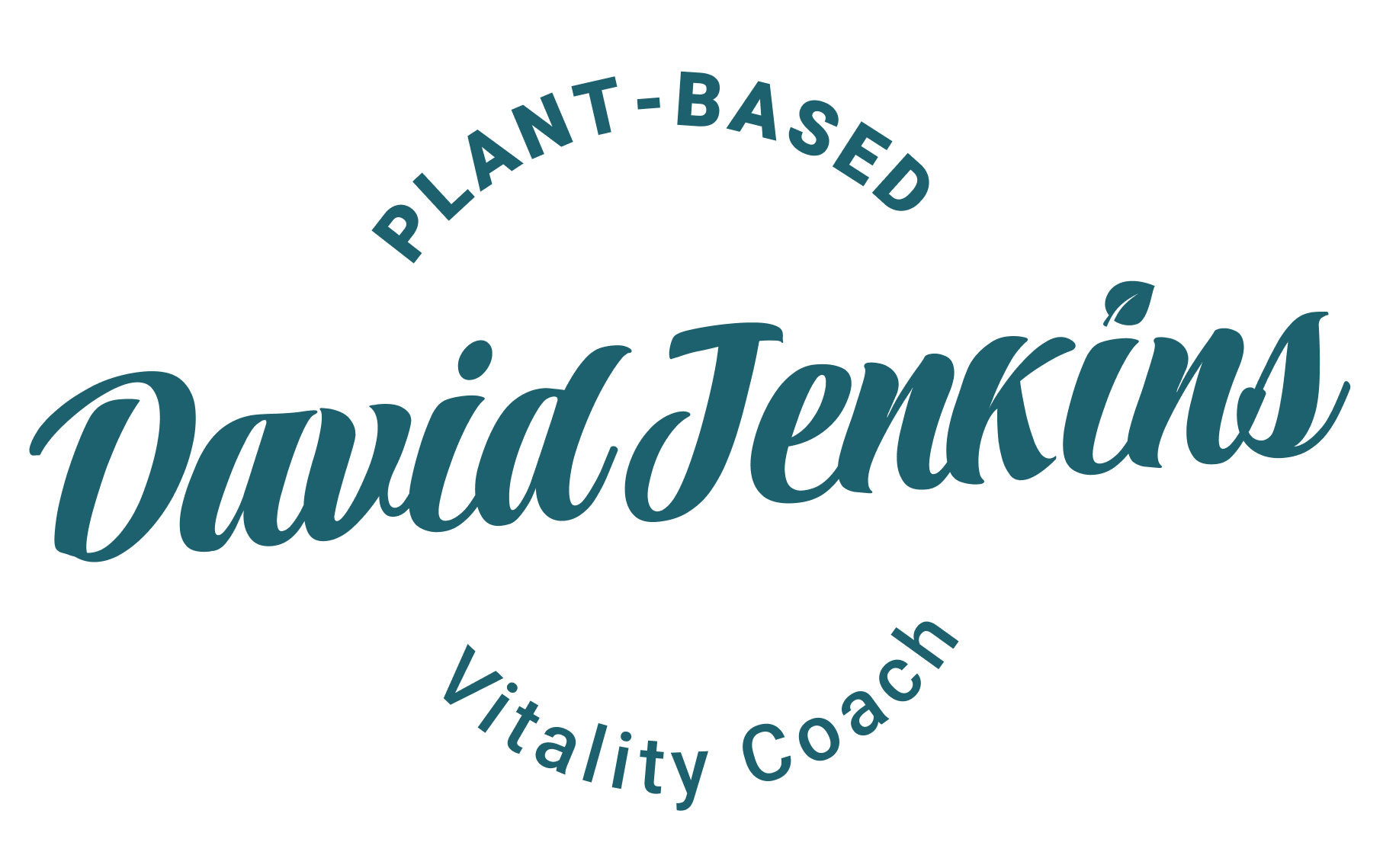
What Is WFPB?


What is a Whole Food Plant-Based (WFPB) Diet?
A whole food plant-based diet is a method of eating that places an emphasis on foods derived from plants, with a much-reduced consumption of animal and animal-derived foods.
It focuses on eating a wide variety of plant produce in as near to its natural unprocessed state as possible, and is rich in beans and legumes, vegetables, whole grains, fruits and berries, nuts and seeds, and herbs and spices.
Wholegrain, whole wheat, and unrefined foods are eaten, whereas refined and highly-processed foods are avoided. This results in a diet dramatically higher in fibre, vitamins, minerals and plant phytonutrients than the standard Western diet.
Many people who follow a whole food plant-based diet are not necessarily entirely vegan, but eat a very small proportion of animal products, reserving them for special occasions only. The inhabitants of Blue Zones, who are populations with the longest healthy life expectancy on the planet, are traditionally whole food plant-based and only consume about 5% of their diet from animal products, which are always consumed in considerably smaller ‘portion sizes’ than in the typical western diet.

Are all Plant-Based Diets Healthy?
All plant-based diets, because they contain more foods derived from plants and less from animal and animal-derived foods, can be healthier than the standard western diet - if properly planned, with a wide variety of minimally-processed plant foods being consumed. However, living off French fries and beer, which would still technically be plant-based, is far from healthy.
As with all diets that reduce or eliminate certain food groups, care must be taken to achieve a balanced intake of nutrients. Vitamin B12 and Vitamin D are both lacking in a plant-based diet without animal products and must be supplemented, and Omega-3 fatty acids and Iodine are much harder to source without fish and seafood products, which should be taken into account.
Attention must also be paid to macronutrient balance. Some plant foods, such as avocado, nuts, and seeds, are particularly high in fat and should be eaten in moderation. Tropical plant oils - palm oil and coconut oil - are exceptionally high in saturated fat and should be avoided.
The way in which carbohydrates are consumed also has a dramatic effect on how healthy a plant-based diet is. The refining of any carbohydrate (into white sugar, white flour, white rice, white pasta, etc) removes the fibre, which regulates much of our digestive processes, including our hunger. It also strips away the vitamins, minerals, and phytonutrients which are essential to all of our metabolic processes.
The resulting products are extremely damaging to our bodies, playing havoc with our ancient pleasure/reward responses, causing overeating and eventually food addiction. As Dr Joel Fuhrman says, “the whiter the bread, the sooner you’re dead”.
With the rise in plant-based eating and the reduction in consumption of meat products, food manufacturers have been quick to bring out plant-based and vegan substitutes - combining these highly-refined carbohydrates with saturated fats from tropical oils in the form of highly-processed foods.
Unfortunately, many people are purchasing these under the misconception that they are ‘healthier’ alternatives. However, in the majority of cases these are exceptionally unhealthy, as they contain very high levels of saturated fat, salt, and sugar - and occasionally even man-made chemicals, which are introduced during the manufacturing of highly-processed foods, that are not required to be listed on the ingredients label.

The WFPB Gold Standard Diet.
Slowly transitioning from the Standard Western Diet toward a carefully planned, Whole Food, Plant-Based diet, can result in dramatic long-term weight loss and lead to incredible health and vitality outcomes.
A whole food plant-based diet has the beneficial effects of lowering blood pressure, reducing blood cholesterol, and promoting a healthy body weight.
It is also the only dietary pattern clinically proven to be able to drive into remission, and in some cases even reverse, many of today's chronic lifestyle diseases. It has been linked to a reduced risk of heart disease, strokes, type 2 diabetes, certain cancers, and cognitive decline and dementia.
The WFPB diet, when carefully planned, eating a wide variety of minimally-processed plant foods, whilst eliminating all animal products, eliminating all highly-processed foods, and with ‘no S.O.S’ (consuming no added salt, no added oils, and no added sugar), is considered to be the gold standard diet for long-term health, vitality and longevity by the world’s most prestigious nutritional authorities.
